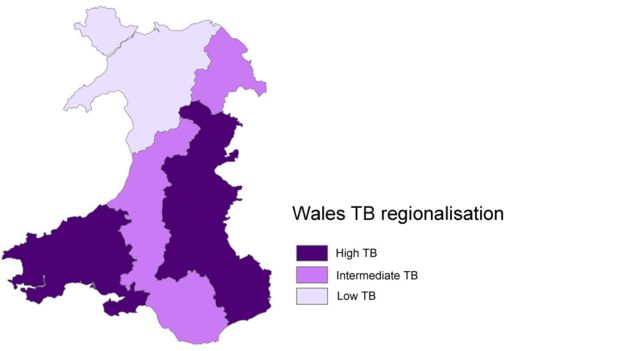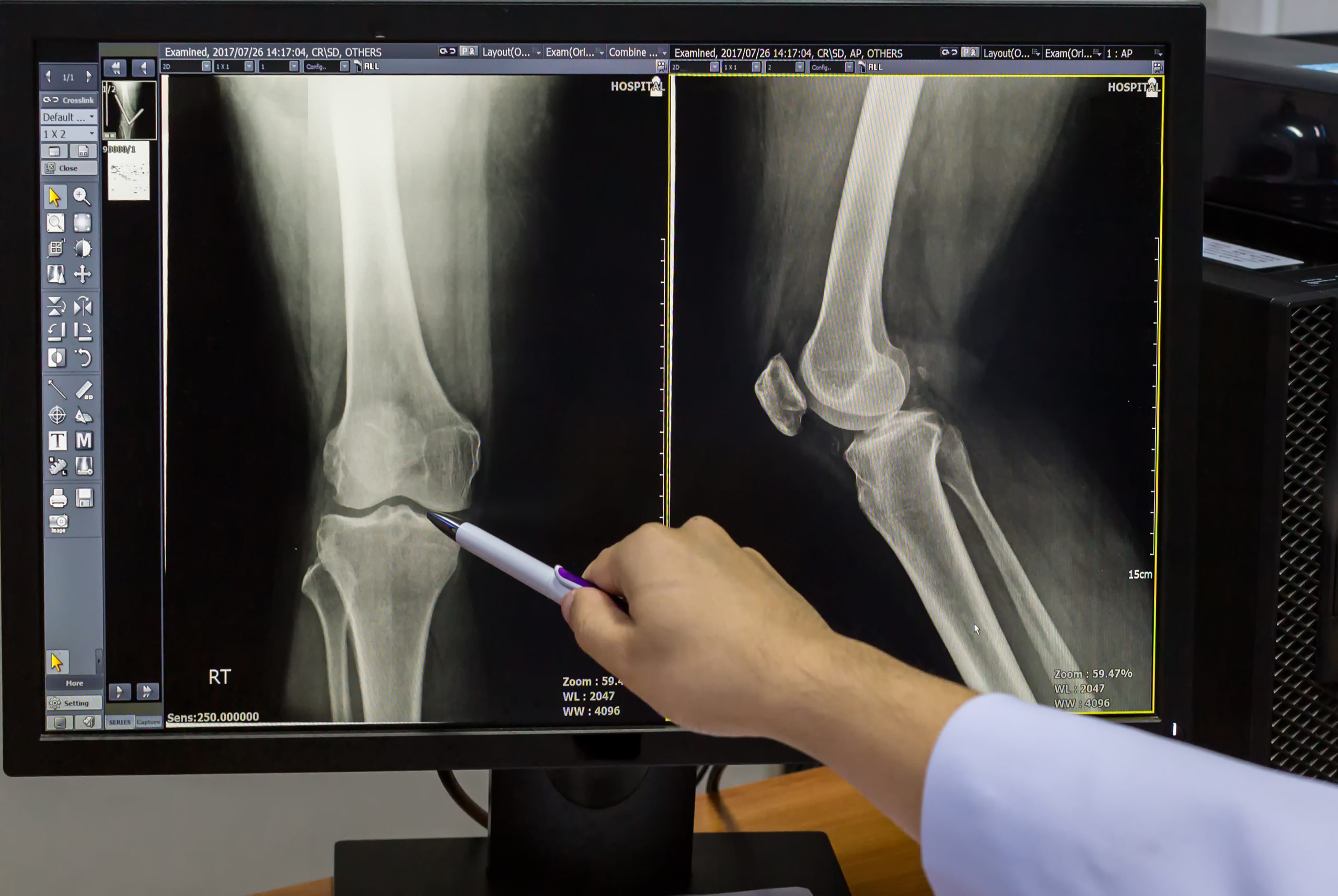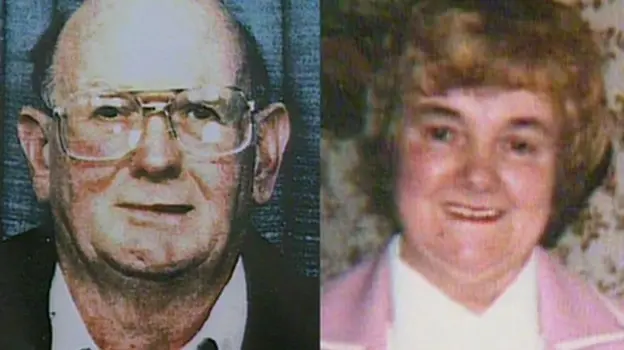News
Pembrokeshire a ‘high risk’ area for bovine TB

 THERE will be no “large scale” culling of badgers to tackle TB in cattle in Wales, however Pembrokeshire, Carmarthenshire and Ceredigion are being called “high risk” areas for instances of TB, it has been revealed.
THERE will be no “large scale” culling of badgers to tackle TB in cattle in Wales, however Pembrokeshire, Carmarthenshire and Ceredigion are being called “high risk” areas for instances of TB, it has been revealed.
The map of Wales’ TB regionalisation was presented in a Welsh Government meeting yesterday (Oct 18) and the aim is now to try and avoid the disease from spreading from the high risk areas to the surrounding locations.
Furthermore, there will be a large focus on reducing the cases already found within the high risk areas.
 It has been decided that individual plans will be drawn up for farms with long-term bovine TB issues, and ministers are considering allowing cage-trapping and injection as means of killing infected badgers.
It has been decided that individual plans will be drawn up for farms with long-term bovine TB issues, and ministers are considering allowing cage-trapping and injection as means of killing infected badgers.
Wales’ chief vet has said there will be no “large scale, indiscriminate cull of badgers” and insisted any infected animals would be dealt with humanely.
There will now be a 12-week consultation where the Welsh Government will seek views on the appropriate measures that should be taken in each area.
Action plans will be drawn up by farmers, vets and the Animal and Plant Health Agency.
Lesley Griffiths, the Rural Affairs Secretary, said: “Since we introduced the eradication programme in 2012 we have seen a decrease in the number of new cases of bovine TB in cattle herds in Wales, with the latest figures showing the number of new TB incidents is down by 19%.
“I am keen to build on this success and speed up progress, which is why I am looking to introduce enhanced, evidence-based measures.”
Farming unions have called for badger culls to be drawn up by the Welsh Government for some time, a request which has been opposed by wildlife groups and activists.
A spokesperson for the Farmers’ Union of Wales said: “Targeting infected badgers would be a welcome move, but it is disappointing that it has taken so many years to move back towards common sense after the original comprehensive plan to tackle the disease in wildlife was abandoned by the previous Welsh Government.”
Responding to a statement from the Cabinet Secretary for Environment and Rural Affairs, concerning the Welsh Government’s Bovine TB Eradication Programme, Claire Lawson, Assistant Director of External Relations – Wales, said: “Bovine TB is a devastating disease, and causes grief to so many, particularly within the farming community.
“RSPCA Cymru has always supported humane, scientifically-supported and effective methods to tackle this disease.
“We will engage closely with the Welsh Government in relation to this new consultation, which we understand will explore the potential of tailoring certain responses, per geographical area, as a means of preventing the spread of the disease.
“We will make clear our strong belief that the culling of badgers has proven to be inhumane, is ineffective as a means of tackling the disease in cattle and actually risks making the problem worse. The Cabinet Secretary’s ruling out of an England-style cull, as such, is positive.
“Methods applied to tackle bovine TB must always be based on available scientific evidence and expert opinion.
“Improving cattle management and welfare, continuing a high frequency of testing, improving biosecurity and vaccinating badgers and cattle are all pivotal in dealing with bTB, and should be at the forefront of any new strategy.”
Health
NHS Wales spends more than £15.5m on agency radiographers as pressures grow

NHS WALES has spent more than £15.5 million on agency radiography staff over the past five years, as mounting pressure on diagnostic imaging services raises concerns about long-term workforce sustainability.
Figures obtained by the Welsh Liberal Democrats through Freedom of Information requests show that spending on temporary radiographers almost doubled between 2020/21 and 2023/24, despite relatively low headline vacancy rates across Welsh health boards.
Radiographers carry out X-rays, CT, MRI and ultrasound scans, which are essential to emergency care, cancer diagnosis, trauma treatment and elective surgery. Delays or shortages in imaging services can have a knock-on effect across patient pathways, slowing diagnosis and treatment.
The data also highlights an ageing workforce. More than a quarter of radiographers in Wales are aged over 50, with more than one in ten aged 55 or above. In some health boards, a significantly higher proportion of staff are approaching retirement age, raising concerns that experienced radiographers could leave faster than they can be replaced.
Betsi Cadwaladr University Health Board recorded the highest agency spend, at more than £8.1m over the period covered by the FOI requests. Other health boards also reported growing reliance on temporary staff to maintain services, particularly where specialist skills are required.
While official vacancy figures remain comparatively low, professional bodies have previously warned that vacancy data does not always reflect pressure on services, as posts can be held open or covered through overtime and agency staff rather than filled permanently.
Diagnostic imaging demand has increased steadily in recent years, driven by an ageing population, advances in medical imaging technology, and rising referrals linked to cancer and long-term conditions.
Commenting on the findings, Welsh Liberal Democrat Leader Jane Dodds MS said:
“Radiographers are absolutely vital to the NHS. From diagnosing cancer to treating people in A&E, the vast majority of patient journeys depend on timely access to scans.
“These figures show a system increasingly relying on expensive agency staff while failing to plan properly for the future workforce. That is not fair on patients, and it is not fair on staff who are already under huge pressure.
“The Welsh Labour Government must take urgent action to improve recruitment and retention, support experienced staff to stay in the workforce for longer, and ensure NHS Wales has a sustainable radiography workforce fit for the future.”
The Welsh Government has previously said it is working with health boards to improve recruitment and retention across NHS Wales, including expanding training places and supporting flexible working arrangements to help retain experienced staff. Ministers have also pointed to record numbers of staff working in the NHS overall, while acknowledging ongoing challenges in hard-to-recruit specialties.
However, opposition parties and professional bodies continue to warn that without long-term workforce planning, reliance on agency staff could increase further, adding to costs and pressure on already stretched diagnostic services.
Local Government
Essential bridge maintenance and repairs planned for January

Works on Westfield Pill Bridge to affect A477 traffic
ESSENTIAL maintenance and repair work is set to begin on Westfield Pill Bridge, with traffic management in place on the A477 between Neyland and Pembroke Dock.
The programme of works is due to start on Monday (Jan 19) following a Principal Inspection carried out in 2022, which identified a number of necessary repairs to maintain the long-term durability and safety of the structure.
Westfield Pill Bridge is a key route linking communities in south Pembrokeshire and carries a high volume of daily traffic. While major works were last undertaken in 1998 — which required a full closure of the bridge — the upcoming refurbishment has been designed to avoid shutting the crossing entirely.
Instead, the works, scheduled to take place in early 2026, will be managed through traffic control measures to keep the bridge open throughout the project.
The planned refurbishment will include the replacement of both eastbound and westbound bridge parapets, the renewal of expansion joints, and full resurfacing of the bridge deck.
The work is expected to take no longer than three months and will involve weekend and night-time working to help minimise disruption. All construction activity will be carried out from the bridge deck and has been scheduled to avoid clashes with other planned trunk road works, as well as periods of higher traffic demand.
Two-way traffic signals will be in place for the duration of the works. These will be manually controlled during peak periods, with particular efforts made to reduce delays affecting school transport.
Motorists are advised that there may be delays to local bus services during the works, including the 349 (Haverfordwest–Pembroke Dock–Tenby) and 356 (Milford Haven–Monkton) routes.
Drivers are encouraged to allow extra time for journeys and to follow on-site signage while the works are underway.
Crime
Breakthrough in 1993 Tooze murders: 86-year-old man arrested after cold case review

POLICE investigating one of Wales’ most disturbing unsolved double murders have arrested an 86-year-old man on suspicion of killing elderly couple Harry and Megan Tooze more than three decades ago.
South Wales Police confirmed the arrest on Tuesday (Dec 17), following a forensic cold case review into the 1993 killings, which shocked the rural community of Llanharry and cast a long shadow over the South Wales justice system.
Harry Tooze, aged 64, and his wife Megan, 67, were found shot dead with a shotgun at their isolated Ty Ar y Waun farmhouse on July 26, 1993. Their bodies were discovered inside a cowshed on the property, concealed beneath carpet and hay bales, having been shot in the head at close range.
The brutality of the killings and the remoteness of the scene prompted one of the most high-profile murder investigations in Wales at the time.
Conviction later quashed
In 1995, Cheryl Tooze’s then-boyfriend, Jonathan Jones, was convicted of the murders and sentenced to life imprisonment. The prosecution case rested heavily on a partial fingerprint found on a teacup at the farmhouse.
However, the conviction unravelled just a year later. In 1996, the Court of Appeal quashed the verdict, ruling it unsafe and highlighting serious concerns about the reliability of the fingerprint evidence. The decision was widely regarded as a significant miscarriage of justice.
Jones, who consistently maintained his innocence, was supported throughout the ordeal by Cheryl Tooze, whom he later married. The couple have since spoken publicly about the devastating impact of the case on their lives.
Despite renewed appeals and periodic reviews, no one else was charged and the murders remained unresolved for nearly 30 years.
Operation Vega and forensic advances
In 2023, marking the 30th anniversary of the killings, South Wales Police launched a full cold case review under Operation Vega. The review was led by forensic scientist Professor Angela Gallop, one of the UK’s most respected figures in forensic investigation.
Detectives re-examined preserved exhibits from the original crime scene using modern forensic and DNA techniques that were not available in the early 1990s. Police have not disclosed which items were re-analysed or what evidence led to the latest arrest.
On December 17, officers arrested an 86-year-old man on suspicion of murdering Harry and Megan Tooze. He remains in police custody while enquiries continue. No further details about the suspect have been released at this stage.
Police appeal for information
Senior Investigating Officer Detective Superintendent Mark Lewis described the arrest as a significant moment, but stressed that the investigation is ongoing.
He said: “While this arrest is clearly a significant development in the investigation, our enquiries are very much ongoing. This case has affected many people over the years and our aim is to find answers to the unanswered questions which remain about their deaths over 30 years on.
“Even with the passage of time, I would urge anyone who has information about the murders, no matter how small it may seem, to come forward and speak to police.”
Anyone with information is asked to contact South Wales Police, quoting occurrence number 2300016841.
-

 Crime1 day ago
Crime1 day agoMilford Haven man jailed after drunken attack on partner and police officers
-

 News4 days ago
News4 days agoDyfed-Powys Police launch major investigation after triple fatal crash
-

 Crime1 day ago
Crime1 day agoTeenager charged following rape allegation at Saundersfoot nightclub
-

 Crime3 days ago
Crime3 days agoMan sent to Crown Court over historic indecent assault allegations
-

 Crime2 days ago
Crime2 days agoMan charged with months of coercive control and assaults
-

 Crime5 days ago
Crime5 days agoMan spared jail after baseball bat incident in Milford Haven
-

 Crime3 days ago
Crime3 days agoMilford Haven man admits multiple offences after A477 incident
-

 Crime2 days ago
Crime2 days agoWoman ‘terrified in own home’ after ex breaches court order























